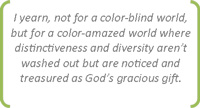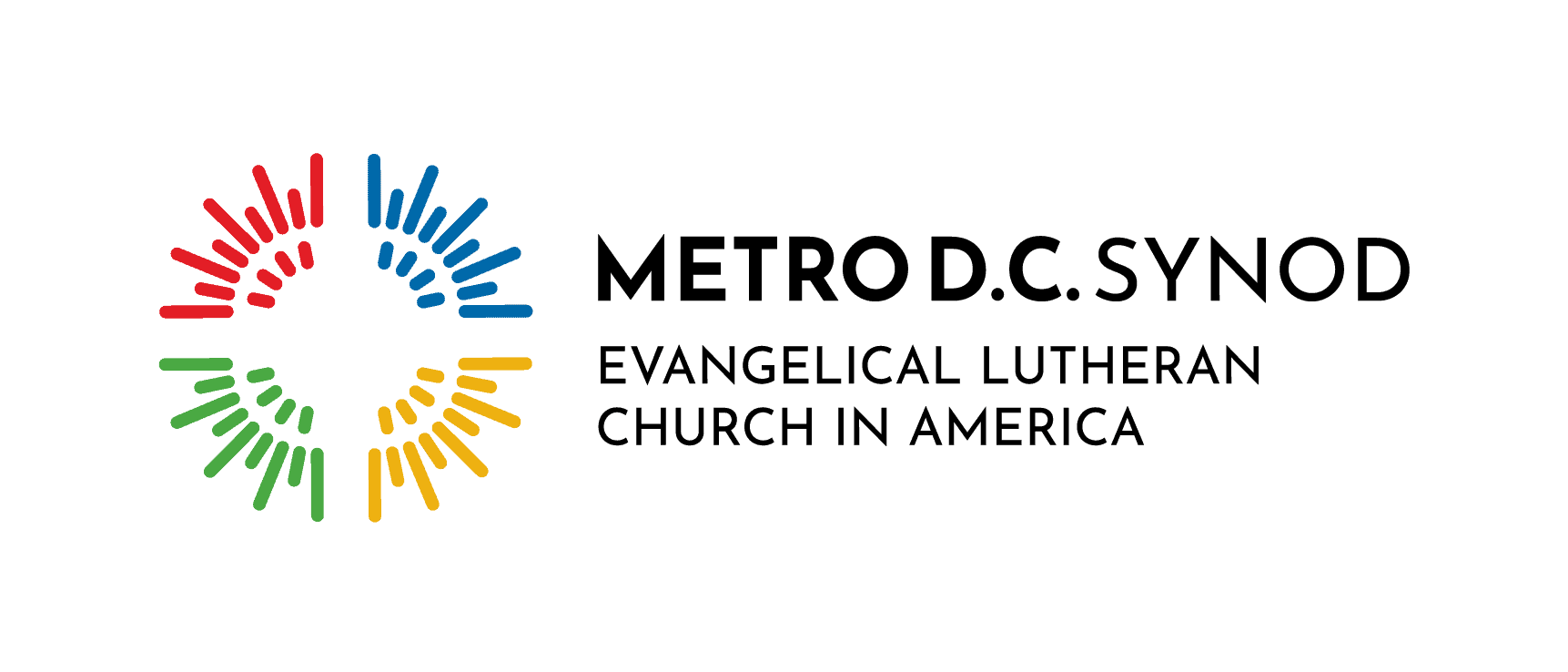Learning to speak a hard truth: Needle barely moved on ELCA becoming a diverse church

A MONTHLY MESSAGE FROM THE ELCA PRESIDING BISHOP*

Now, how many of you are right-handed? Chances are you never have to think about being right-handed. Most of us are right-handed. The world is set up for right-handed people. This isn’t necessarily bad. It just is.
The problem starts when the practical application of an economy of scale slides into a value judgment, when the majority’s physical characteristic shifts from an objective fact to a subjective model of what is proper and good.
Right-handed people become a privileged group. Left-handedness becomes not a simple handedness but something of less value, limited accessibility in the right-handed world, and sometimes even a character flaw. We speak of “left-handed compliments,” the word “sinister” derives from the Latin for “left,” and some of us are old enough to remember when parents and teachers would try to force left-handed children to use their right hands.
I use this illustration as a way to start to look at some of the complicated issues involved in this church’s uneven, and still incomplete, effort to be a truly diverse and multicultural people.
We see the glorious vision of redeemed humanity “from every nation, from all tribes and peoples and languages, standing before the throne and before the Lamb” (Revelation 7:9), but do not see this reflected in our communities of faith. The U.S. is becoming increasingly diverse. Your children’s or your grandchildren’s soccer team might more accurately reflect local demographics than Sunday mornings at church.
We are an overwhelmingly white denomination in a culture that is still majority European American. Those of us who are white almost never have to think about being white. We can consider ourselves the norm. People of color, then, are implicitly expected to adapt. This, in and of itself, doesn’t mean that we who are white are bad people. It’s a system and reality that is already in place. We didn’t create it. In fact, many of us can point to our own persecuted ancestors who came to America to have an opportunity for a better life.

I believe this church truly longs for the realization of the vision in Revelation, or at least the glorious company of multicultural young people on a hillside meadow singing the 1970’s Coca Cola jingle “I’d like to teach the world to sing in perfect harmony.” I yearn, not for a color-blind world, but for a color-amazed world where distinctiveness and diversity aren’t washed out but are noticed and treasured as God’s gracious gift. The only norm is that we are all children of God and sisters and brothers to one another.
We aren’t there yet. In the first 25 years of the ELCA’s existence we’ve barely moved the needle on the percentage of our members who are people of color or whose primary language is not English. We have a beautiful theology of justification and grace, we point to the crucified Christ as clear expression of God’s love for all people, we are realistic about human brokenness—surely this is good news for anyone and everyone. And yet ….
At the 2013 Churchwide Assembly we declared that the church is “Always being made new.” Perhaps now is the time for us to begin to talk to one another. This is Epiphany, the season of the church year when the person and ministry of Christ are revealed to us in powerful Gospel stories each Sunday, a good season to start.
We can begin by contemplating a Messiah who renounced privilege to love us (Philippians 2:5-11). And, trusting that we are forgiven sinners, we can even speak the hard truth.
The Rev. Elizabeth A. Eaton
Presiding Bishop
Evangelical Lutheran Church in America
*This column originally appeared in the February 2014 issue of The Lutheran magazine. Reprinted with permission.


